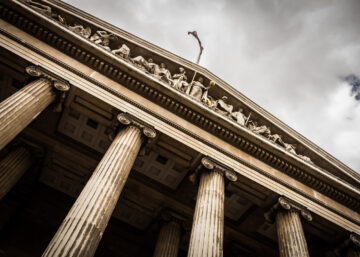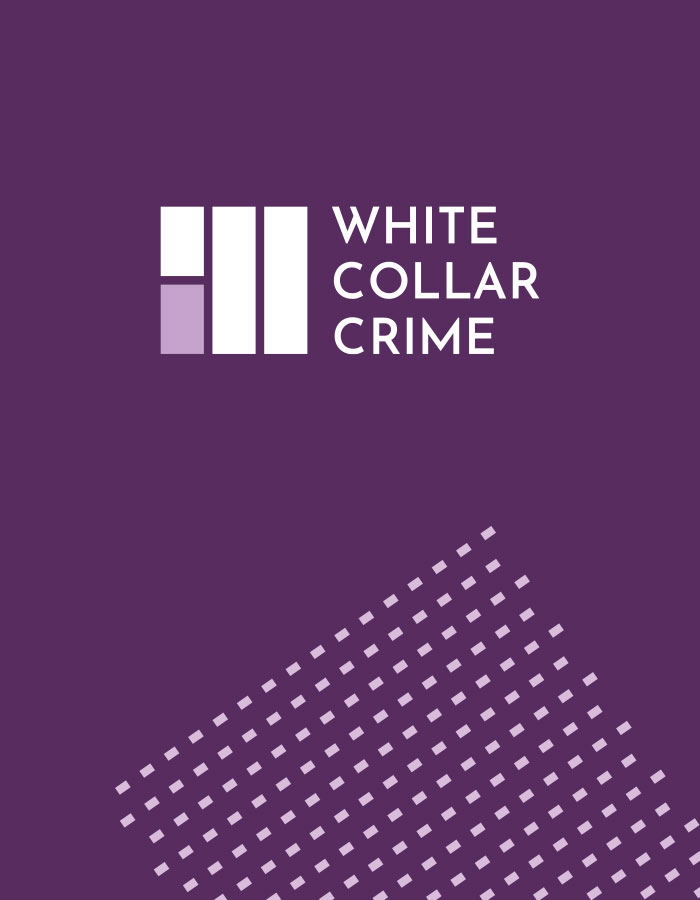Speed read: The government has commenced the consultation process for further amendments to the Money Laundering Regulations 2017. Changes up for discussion stand to affect the art market, including potentially those selling digital art, cryptoasset businesses and trust and company services providers.
Regulated firms and professionals should note that amendment of the Money Laundering, Terrorist Financing and Transfer of Funds (Information on the Payer) Regulations 2017 (MLR 2017) is afoot. Consultation has commenced on proposed areas for reform and is open until 14 October 2021. Amending Regulations are proposed to be laid in Spring 2022. According to the consultation document, published on 22 July 2021, the amending Regulations will be “very focused” (paragraph 1.7). Major change to the substance of MLR 2017 is off the table but the launch of a consultation process suggests more than minor tweaks. Some proposals, such as the expansion of the Companies House reporting duty, will affect all of the regulated sector. Others stand to substantially increase the compliance requirements faced by some parts of it.
1. Changes to Art Market Participants
The art market has only been AML regulated since 2020 but two proposed reforms, if introduced, will affect the “art market participant” as defined in Regulation 14(1)(d).
Following the implementation of the EU Fifth Money Laundering Directive on 10 January 2020, art market participants have fallen within the regulated sector. The definition refers to a person who trades in “works of art” and is sufficiently broad to include artists who may sell their own pieces by way of business. Views are currently being sought on excluding artists from the definition owing to a lack of evidence of money laundering and terrorist financing risk. The proposed reform would align with guidance produced by HMRC following the implementation of the Fifth Directive making clear that the government’s intention was not to include artists within the scope of an art market participant.
The sale or trade of digital art, with one definition offered by the Tate Gallery as art that is “computer generated, scanned or drawn using a tablet or mouse”, is also an area for consideration. Digital art including art backed by a Non Fungible Token (NFT) to protect its one of a kind status, commonly referred to as cryptoart, is not presently within the scope of Regulation 14(1)(d) MLR 2017. The definition of “works of art”, which appears in section 21(6) of the Value Added Tax Act, is limited to sculptures, engravings, tapestries, ceramics, printed photographs, pictures, collages and paintings executed by hand. Views are currently being sought on whether those that sell or trade digital art should be brought into the regulated sector.
2. Ongoing requirement to report discrepancies to Companies House
Currently the duty to report material discrepancies in beneficial ownership information to Companies House, appearing in Regulation 30A, applies only at the on-boarding phase. Since the duty was introduced, Companies House has received more than 35,000 reports. Views are sought on making the requirement ongoing throughout the business relationship. Although a regulated entity does currently have the option to report to Companies House if they identify a material discrepancy past the onboarding phase, few reports of this type are made. Understandably, concerns about client confidentiality and a reluctance to report more than is required by law stand in the way.
3. TCSPs to conduct CDD when providing services to all types of business arrangements
The definition of a Trust and Company Services Provider in Regulation 12 currently refers to providers of services to companies and other legal persons. Limited partnerships registered in England & Wales are not legal persons and accordingly, the requirement to carry out Customer Due Diligence does not arise even though a TCSP may be providing services to such an arrangement. It is proposed that a TCSP when providing services to any kind of business arrangement will be subject to the AML requirements.
4. Cryptoasset transfer information
Also foreshadowed is a significant increase in the requirements applying to cryptoasset exchanges and wallet providers operating in the UK. It is proposed that cryptoasset firms will require systems for gathering information on the originator and beneficiary, including name, address, account number and personal document number, every time there is a transfer. Information requirements will differ if the amount is over the equivalent of £1,000. Information would be required to be provided fully and immediately to the FCA, HMRC, NCA or police on request.
Conclusion
The proposed areas of amendment are focused but the consultation reinforces that AML regulation in the United Kingdom is ever evolving. Regulated firms need to anticipate the changes.
Post-Brexit the United Kingdom is committed to robust systems to combat money laundering and financial crime but is also better able to chart its own course. Announcing the consultation, the government noted that it is “is keen to ensure that the UK’s anti-money laundering and counter terrorist financing regime effectively deters money laundering and terrorist financing activity, whilst being proportionate and managing burdens on businesses.” The proposal to clarify the definition of an art market participant to exclude artists in law as opposed to simply issuing guidance is sensible but there are other areas that continue to pose an issue in practice that sadly are not mentioned in the consultation. The scope of the definition of ‘tax advice’, expanded in 2020 to include those who may have indirect dealings in another’s tax affairs, is one of them. Clarification in law not just guidance would be helpful.







